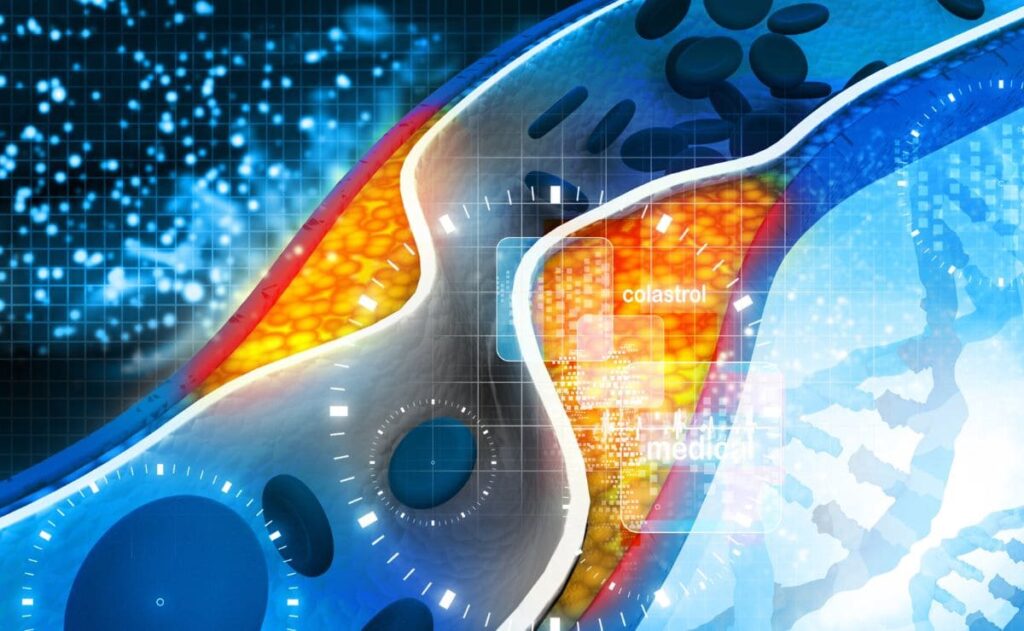Cholesterol is a waxy substance found in the blood that plays a role in the body. However, for the body’s health, it is necessary for this compound to be in adequate amounts, as a decrease or significant increase can be the start of various diseases, especially those affecting the cardiovascular system. It is generally more common for cholesterol to increase rather than decrease, which is very dangerous for health. Initially, there may be no symptoms, but over time, it can cause people to develop some circulatory or cardiac disease.
There are many ways to maintain a balance in cholesterol levels, with diet and physical activity being the most recommended tools. However, this is not the only way, as the consumption of supplements can also be very helpful. In this opportunity, we wanted to summarize which supplements help regulate cholesterol.
Supplements to Reduce Cholesterol
According to the Mayo Clinic website, these are the supplements that can help maintain blood cholesterol levels, also mentioning some side effects that may occur after their consumption.
- Berberine: Berberine can help lower both LDL or “bad” cholesterol and triglycerides. However, side effects include constipation, diarrhea, gas, nausea, or vomiting, and in pregnant women, it can cause harm to the fetus and may harm the baby during breastfeeding.
- Fish Oil: This type of oil can also influence the reduction of triglyceride levels, although they can produce other effects, such as bad breath, gas, nausea, vomiting, and diarrhea, in addition to interacting with some anticoagulant drugs.
- Ground Flaxseed: Flaxseed has also been shown to be effective in lowering LDL or “bad” cholesterol, although it can also cause gas, bloating, and diarrhea, as well as interact with anticoagulant medications.
- Garlic: In the case of garlic, the reduction in cholesterol can be mild, although there are studies that also contradict this claim. Its side effects include bad breath, body odor, nausea, gas, and vomiting, as well as the potential to interfere with anticoagulant medications.
- Green Tea or Green Tea Extract: This type of tea has shown many health benefits, including lowering “bad” cholesterol. However, it also does not escape having some adverse effects, such as nausea, vomiting, and gas, in addition to possible reactions due to the interaction of anticoagulant drugs.
- Niacin: Niacin, in addition to reducing LDL and triglycerides, can also help increase HDL or “good” cholesterol. However, it can also cause some side effects, including itching and flushing, which may appear when high doses are consumed.
- Plant Stanols and Sterols: These can be very helpful in reducing “bad” cholesterol in people who have a genetic condition that produces high levels. However, among its side effects is the risk of experiencing diarrhea.
Mayo Clinic highlights the supplements that can help maintain blood cholesterol levels.
